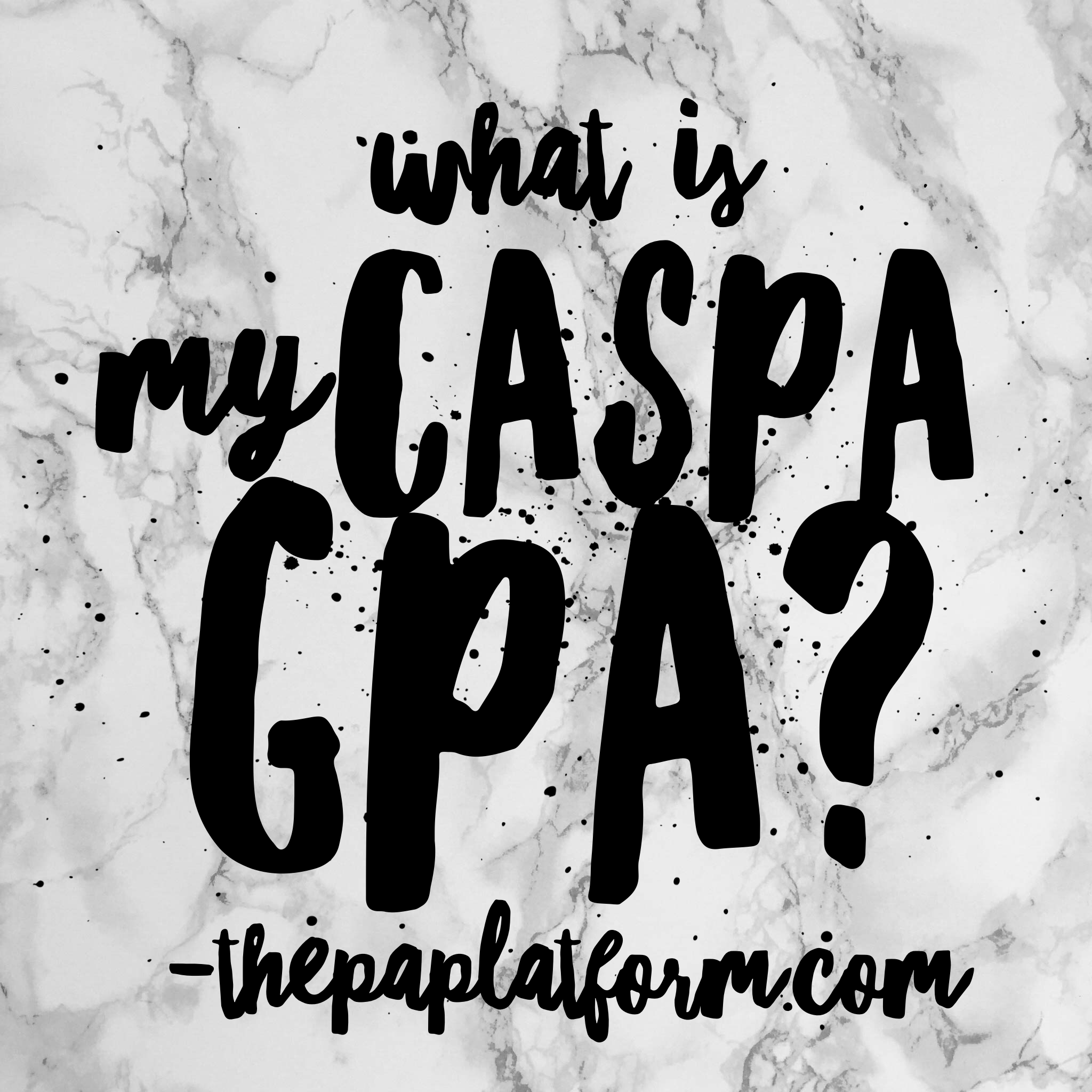Alright, I’m going to be honest. There is no physician assistant program that is “easy” to get into. This is a question I’m asked almost daily, and I understand why. Not to be harsh, but I want to discuss what is necessary for gaining admission into a PA program so you can have realistic goals. After researching the PA profession, most people agree that it’s a great career for someone who wants to work directly with patients and have the responsibility of diagnosing and treating without going to medical school. It makes sense that any hopeful PA would want to get out in the field as quickly as possible, but there are some common roadblocks to consider before just applying.
Getting into PA school is very competitive. It’s becoming more popular every year, which means more applicants. And not just any anyone, but more qualified applicants. The first roadblock to overcome is just meeting the admission requirements of a PA program. This includes taking necessary coursework (and doing well), gaining patient care experience, shadowing, volunteering, and obtaining letters of recommendation. These requirements are non-negotiable and there is no “wiggle room.” Part of the accreditation process for PA schools requires adherence to certain admissions parameters to maintain the quality of the program. It gets tricky because each school has their own specifics to consider. Think of each requirement as a checkbox for you to fulfill, and if you can’t mark something off as complete or in progress (if allowed), don’t waste your time applying. Schools have to narrow the playing field by removing applicants who are not qualified, so the easiest way is to weed out the applications that don’t meet the most basic of requirements. If you check out the Files in The Pre-PA Club Facebook group, there’s a great template for recording what you need for each school.
What does this mean for you? You can’t assume a course or experience meets a requirement if it’s not exactly what they ask for. A good example is statistics, which is required for almost all PA programs. Some programs are flexible and willing to accept a variety of statistics courses, from intro to statistics to biostatistics to statistics for behavioral science. Other programs are strict and will only accept an intro course within the math department. It’s so important to take the time to meet the exact prerequisites of a program so you don’t waste your time or money. Patient care experience is another example. I get asked frequently whether a certain type of position will “count” as hours, and while I can give you my opinion based on your job description, it’s ultimately up to each program to decide. Some schools think scribing is great PCE and for others it is HCE.
Beyond making sure you can “check the boxes,” just meeting the minimums is not the best mindset to have. You need to make your application as strong as possible and keep working to make yourself more competitive until you’re accepted. Don’t give up and think you’re smooth sailing after you click submit. It’s a good idea to go into PA school applications with the mindset of having to reapply. Evaluate your application and see what areas are weak and continue working on them. If it’s GPA, take more classes. If you’re lacking hours, look for another position or get additional certifications.
GPA seems to be the most difficult minimum to achieve. 3.0 tends to be the magic number for hitting the requirement and getting your application evaluated, but keep in mind this is the minimum. The average GPA of a class of accepted PA students tends to be around 3.5 or higher, and even programs touting a “no minimum” requirement will have these numbers because they get more applications. GPA is tough because it’s much easier to lower it than raise it. (If you want to try to calculate your GPA, check out this post.) Essentially, you start with a 4.0, and the only way it can go is down. Schools put so much weight on GPA because academic performance has been found to be the best predictor of whether a student will be able to complete PA school successfully based on the PAEA’s Annual Reports. While it’s frustrating that mistakes from years ago may follow you into your PA school applications, it’s an unfortunate reality.
I don’t want this post to be completely discouraging, so keep in mind that there are students who go through many application cycles, continue working on their application for years, and eventually gain acceptance. Aaron and Jazmine are great examples of students who got bad news, worked hard, and were successful in gaining admittance. When looking for the schools that will be the easiest for YOU to get into, make sure you’re meeting all of the requirements. If you’re unsure, reach out to the program and ask. And the more specific the requirements of a program, the more likely your chances of acceptance. Don't give up, and don't be afraid to ask for help. If you would like some guidance on making yourself a competitive applicant, consider a Pre-PA Counseling session.
What is the most difficult part of your PA school journey?
















